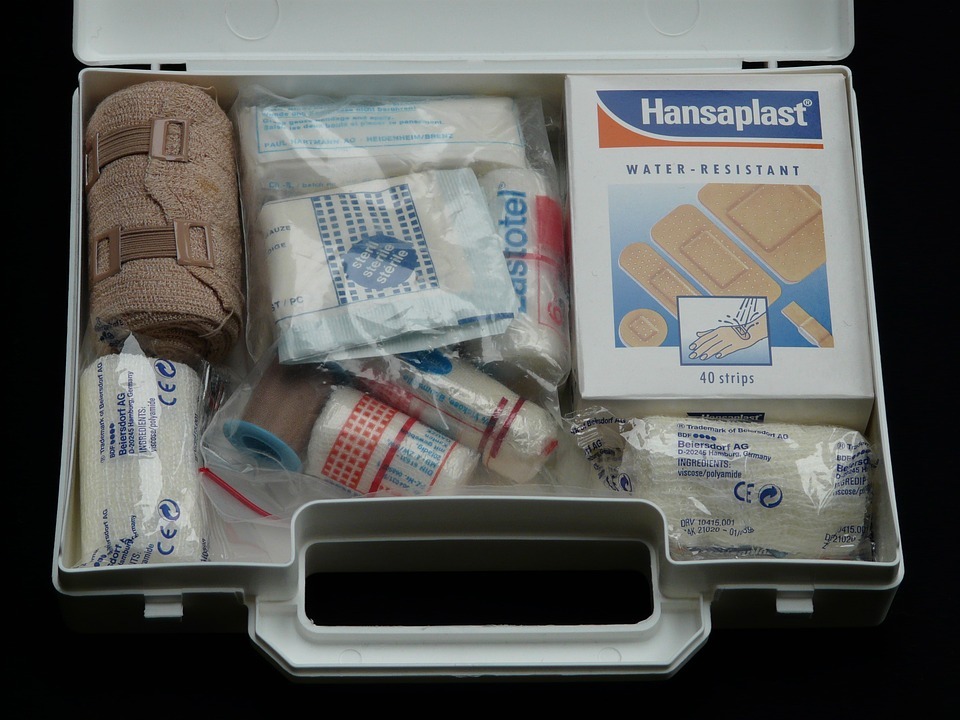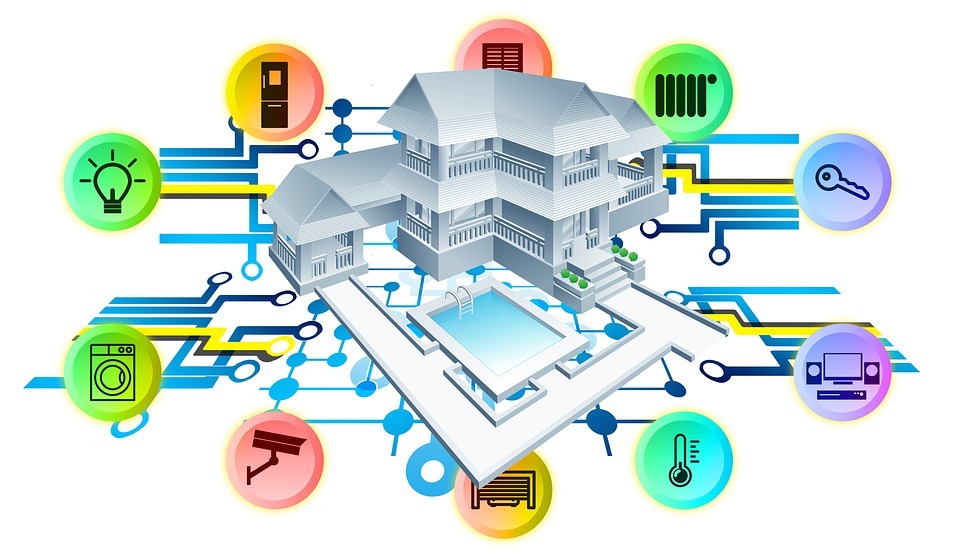From everyday injuries and home intrusions to seasonal weather hazards, homes are naturally prone to all sorts of dangers and emergencies, for which we can often be unready. These can put you and your family in a state of stress and panic, especially if your place of living is not equipped with the right devices and supplies that will guarantee the safety and good health of your loved ones. It’s never too late to bunker up!
To that end, we’ve put together a list of essentials that will help you when emergencies arise and ensure that when they happen, you will have the tools to deal with them in the most effective and convenient way. Even if you live in a quiet neighborhood with not a lot going on, it’s best to become informed on how to resolve such circumstances, in case you will need to use these skills at one point or another.
1. Family first aid kit

Household accidents are an all too common occurrence in millions of homes. Cuts, bruises, burns and sprains; they can happen anywhere from the kitchen, the bathroom, on staircases or even in the pool or lawn outside. To treat you and your toddler’s injuries, while preventing infections and further complications, it’s vital to purchase a complete, fully-stocked emergency health kit. You can find a variety of options online containing everything you need to address minor injuries. For more serious cases, head to the emergency room as soon as possible.
2. A home security system

Unless you live in an impenetrable gated community with 24/7 armed patrols, your home will never be fully immune to unwelcome intrusions. With crime rates soaring throughout many states and towns, it’s best to be proactive and equip your house with a state-of-the-art alarm system that will keep intruders and robbers away. There are a number of specialized companies you can solicit that provide effective and affordable solutions for keeping your home out of potential danger.
3. Invest in a portable generator
If you happen to live in an area that’s prone to dangerous natural phenomena such as heavy rain and snowstorms, tornadoes or earthquakes, chances are you’ve experienced power cuts before. Since we now depend on electricity to conduct most daily tasks, from cooking to cleaning and entertainment, a good way to avoid a complete blackout is to invest in a compact, portable generator. To help with the selection, power experts over at https://generatorgrid.com/reviews/wen-56200i/ has reviewed some models in detail to help you make the right purchase. They’re a convenient solution to charge your phones, keep some lights on, heat up food, and allow your kids to watch TV to ease their fears.
4. Stock up and food and water
It goes without saying that any well-prepared home should have a dedicated supply stock of food and water. They’re essential necessities to keep your family in good health until the storm passes. Since you can never know how long it will last, pack at least one gallon of water per person for a couple of days. As far as nutrition, get non-perishable kinds, such as canned and dry foods packed with vital nutrients. It may not be the tastiest, but it will provide your body with a much-needed boost until you’re reacquainted with a normal living situation. Don’t forget the pet food for your furry companions.
5. Practice safety measures
A coordinated family safety plan can be your lifeline in cases of emergency. This is why it’s important to establish some precautionary measures as a way to keep your family safe and avoid unfortunate setbacks.
- Familiarize your children with the main routes of escape and where to go in case of a gas leak or if a fire breaks out, for example.
- They should also be able to contact the emergency numbers like 911 and give an accurate address and a description of what’s happening.
- Your family needs a designated emergency meeting point inside the house; it can be a basement, a hallway or an upstairs bathroom.
6. Battery-powered radio
Last but certainly not least, every home should have a radio to be able to follow safety instructions in case of a natural (or human) disaster and remain aware of what to do, like evacuate in such situations. Always keep extra batteries in your kitchen drawers to avoid falling short.
All in all, emergencies take many forms and can occur at any time. Injuries from home appliances, uninvited guests or a weather catastrophe can put your family’s health and well-being at risk. With the help of this guide, you’ll be able to get the necessary supplies and adapt to the right reflexes to deal with emergency situations. Keep in mind that being over-prepared is better than no preparation at all!
I’m a 20-something stay-at-home mother and wife. I have an amazing husband, a beautiful daughter, two loving dogs, and a lazy cat. I wouldn’t change my life for anything! I love to read, listen to music, cook and blog!

Speak Your Mind